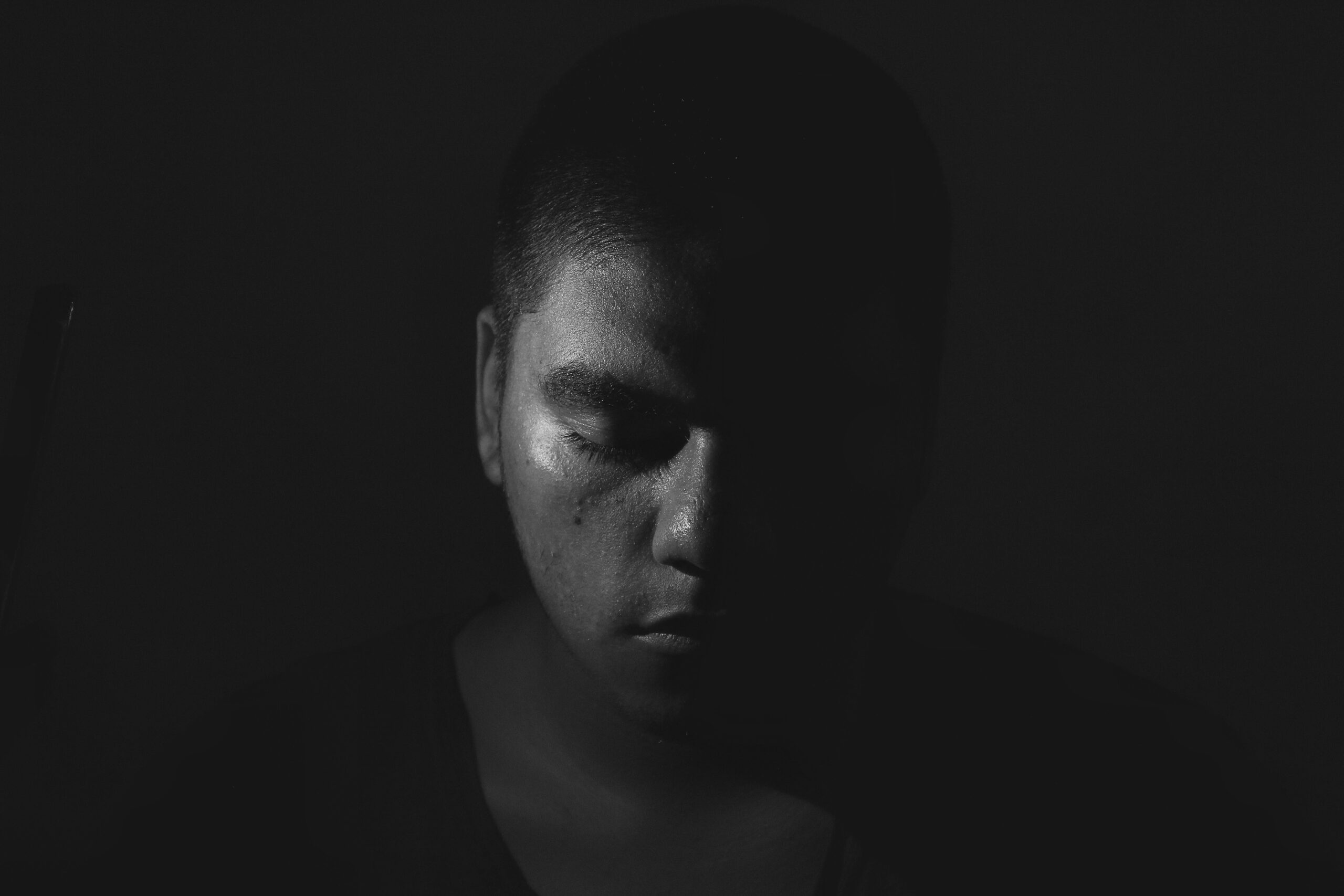Not everyone is equipped to listen to and understand your grief or trauma. Learn how to find a safe, supportive space to share openly and begin grief recovery.
When we lose a loved one or go through a traumatic experience, sharing our story helps us make sense of the event and begin to pick up the pieces. Talking about our experience, our feelings about that experience, or just reminiscing about our loved one can at least take the edge off of excruciating pain and feeling destitute about the future.
Talking about our grief is the gateway to healing. But what happens when the people we seek support from are ill-equipped to listen, or worse, are tired of hearing us talk about it?
How do we know if we have a safe place to share where we will feel supported and not like a nuisance, especially if months have passed since the event occurred?
Contrary to popular belief, there is no rule book on how long grieving should take place. That means your healing, timeline, and grief recovery cannot be boxed into a friend or family member’s conception of what healing should look like and how long it should take. But the reality is, grievers need to talk about their grief in order to start the healing process, and not having a support system to share your heart with can have lasting consequences in the future. So when it feels like you remember, but everyone else has forgotten, consider these red flags when deciding who to continue sharing your story with.
Finding Your Support System: 3 Red Flags
- They interrupt, interject, or boomerang the conversation, making it about them. When someone subconsciously decides you should be “done” grieving, they may stop being as attentive of a listener. They might start to interrupt or interject, start suggesting you do this or that, or even reroute the conversation and make it about them. These are signs that this person is not your safe place to share about your grief.
- They avoid the uncomfortable emotions or parts of your grief. Someone in your support system may enjoy talking about the happy moments and reminiscing about positive memories, but when the tears fall or the depression ensues, they back off and are nowhere to be found. This fair-weather type of support is akin to a coworker or acquaintance at work who asks “how are you” simply because you’re both in the breakroom at the same time—not because they truly care about and are dedicated to your healing.
- They try to control your grieving process. If the person listening to your story continually tries to “push you forward,” or tell you how to “move on” without allowing you to navigate the grief spectrum organically and on your own, they may not be the best person to share your grief with.
Find Your Safe Place to Grieve
If you are struggling to find a solid support system to help you navigate your pain, you are not alone. We see you, we know you’re hurting, and want to offer you a safe place to share your story and feel supported in your healing journey. Contact us today to set up a free discovery call and spend some time with us – we’re here for you.
Sharon Brubaker is a certified Life Coach and credentialed Grief Specialist who, along with her team, teaches women who are grieving how to process their thoughts and emotions. To learn more about navigating grief within the family, listen to the full podcast episode here or download my free e-Book, The Griever’s Guide, which equips you with the tools to live life after grief; because no griever should have to navigate a broken heart on their own.




